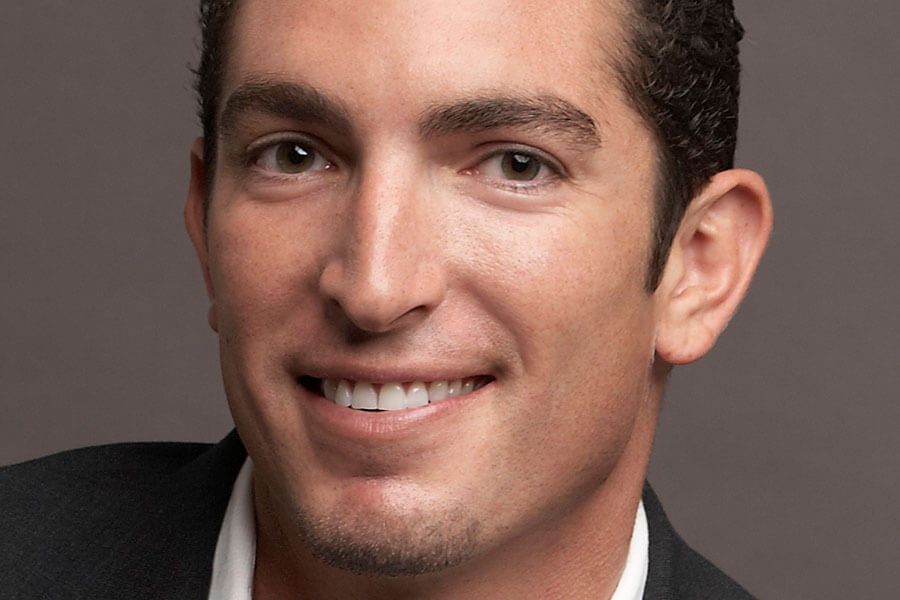To teens, young love can feel all-encompassing. The emotional rush and validation that many experience from a first love can be exciting, but sometimes, it can turn into codependency. When relationships go from healthy to codependent, abusive behavior can follow.
 Knowing that approximately 1 in 3 high school students experience physical or sexual violence by someone they are dating, we need to make sure we talk about these topics with our kids. I suggest starting as early as possible. Waiting until your teen is in a relationship may be too late. Here are my five tips for talking with your kids about building healthy relationships:
Knowing that approximately 1 in 3 high school students experience physical or sexual violence by someone they are dating, we need to make sure we talk about these topics with our kids. I suggest starting as early as possible. Waiting until your teen is in a relationship may be too late. Here are my five tips for talking with your kids about building healthy relationships:
- Talk early and often. The key to laying the groundwork for your child to form healthy dating relationships is to have a series of ongoing talks starting when your child is young and continuing through adolescence.
- Help your kids understand consent. Make sure younger children understand their body parts, personal boundaries, and drive home the idea of consent. Let them know that no one should touch them without their permission. As your child grows older, discuss how consent works in a sexual relationship. Let them know that consent is a clear "yes" to sexual activity. It means you know and understand what's going on, you know and are able to say what you do and don't want, and you are not under the influence of alcohol or drugs.
- Bring up less obvious types of abuse. Adolescents may be familiar with the most extreme types of abuse, such as physical assault or rape. However, they may not recognize more subtle forms of abuse, such as emotional and verbal abuse between two people in a relationship.
- Show them what healthy communication looks like. Model healthy behaviors at home, and explain that in healthy relationships, people listen well, talk openly and honestly, and treat each other with respect. On the flip side, abusive communication involves name calling as well as guilting, shaming, and attempting to belittle or control your partner.
- Keep it short. These conversations should be casual and short. A conversation as brief as a minute long can still be effective. They can take place in the car or on-the-go. These conversations plant seeds in your child's mind about the behaviors that occur in healthy relationships. By talking about these concepts often but casually, your teen will know they can approach you with questions. It further cements in your teen's mind the behaviors they should seek or avoid in relationships.
If your teen is dating, you may notice that the relationship demands more and more of your child's attention. This is common to an extent, but you should know the warning signs of abusive or unhealthy relationships. For example, does their partner demand to check their phone, get angry when they spend time with others, or try to change the way they dress? Does their partner use subtle techniques to coerce or force unwanted sexual activity? To get what they want, an abusive partner may:
- Threaten to end the relationship: "If you don't hook up with me, it's over. I'm leaving you."
- Use guilt: "Come on. You don't mean that. If you really love me, you'd show me."
- Initially respect boundaries but try crossing them again later: "I know you said that, but that was a few weeks ago. Don't you love me?"
- Beg until the partner gives in and lets them do what they want, regardless of consent: "Come on, please. Try this. Pleeease. Come on."
These are all signs of abuse, and they're never OK. Talk to your kids about what to watch out for. Please remember that boys suffer the same emotional and physical abuses but are less likely to seek help.
If you think a young person in your life is feeling unsafe in a relationship, start by visiting loveisrespect.org, call 1-866-331-9474, or text loveis to 22522. Tell your teen about the Crisis Text Line. By texting HELP to 741741, teens can text with a crisis counselor immediately who can help them find the tools and resources to escape their abusive situation. Finally, teens can call the National Sexual Assault Hotline at 1-800-656-HOPE (4673). Help is available — for you and for them.

